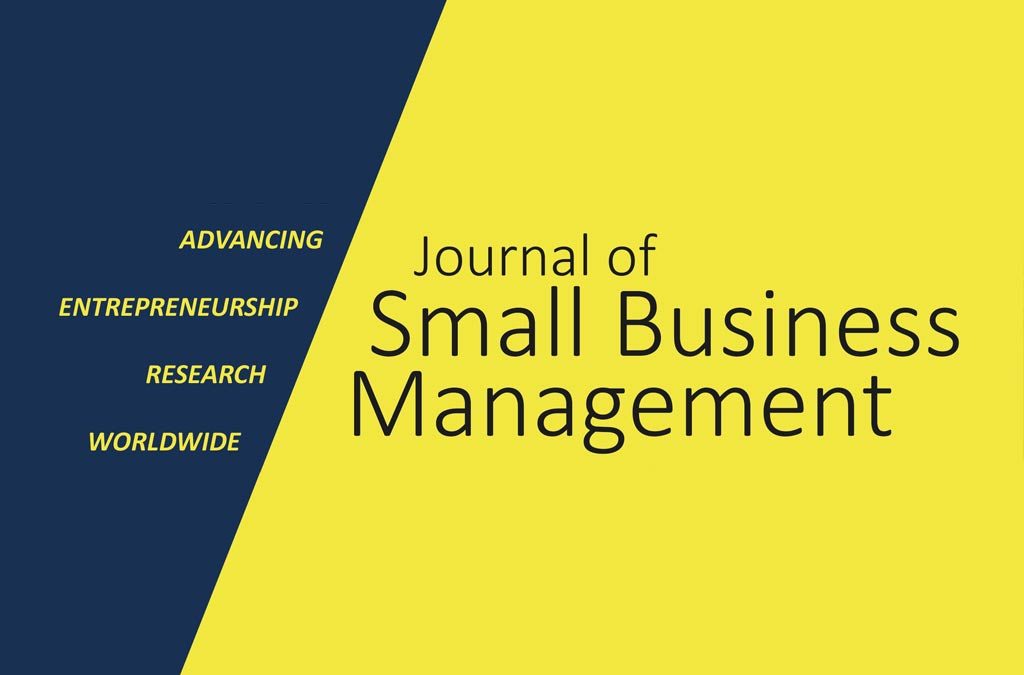
The Little Startup That Could: How to Think Strategically and Grow
The Little Startup That Could
Monday, December 23, 2019
The Little Startup That Could
Monday, December 23, 2019
How to Think Strategically and Grow
Small business success is rarely overnight. The time and commitment to bring a great idea to life takes immense amounts of sweat equity and support from people you trust. While launching a successful product can be exhilarating – the work that follows to generate growth can be daunting.
Once your product is launched, how can you make your brand stand out from more established players?
New research titled “Charting the Growth Journey” from GS1 US, an information standards organization that helps brands identify their products for commerce, offers some insightful tips and considerations for startups like yours. Ask yourself these three key questions to be sure you are on your way to steady, sustainable growth.
Do you have something unique to offer?
Many small brands are successful because they have found a niche. Unique products not found anywhere else are likely to resonate with consumers and retailers. Many of them are launched to make a positive impact on society. For example, foods that are made with clean ingredients or a line of organic body care are popular with emerging generations of conscious shoppers. (Read more…)





